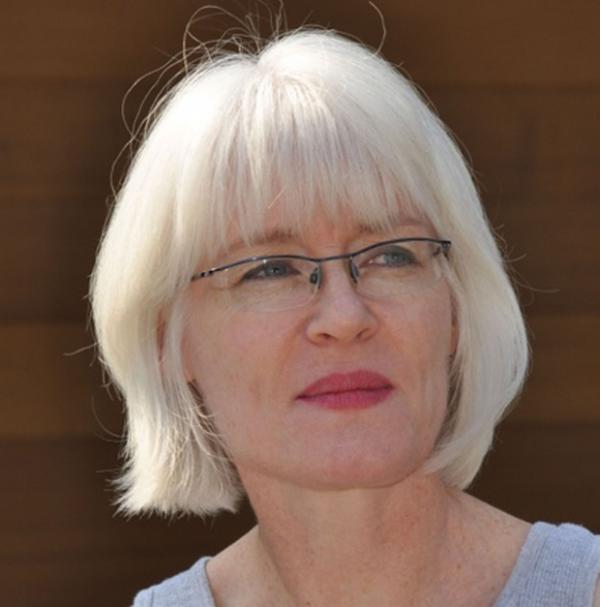Q&A with NEH Public Scholar Christina Thompson

Courtesy Christina Thompson

Courtesy Christina Thompson
Name: Christina Thompson | @cathompsn
City and State: Lincoln, MA
Book Title: “Sea People: The Puzzle of Polynesia”
Publisher: Harper (HarperCollins) | @harperbooks
Agent: Brettne Bloom, The Book Group | @thebookgrp
Past and Present Publications: Harvard Review, Come on Shore, Sea People
Amount of Public Scholar grant award: 11 months ($46,200)
- Tell us the first thing you did when you learned you received an NEH Public Scholar grant. It was the day before my niece’s wedding and I was sitting around with my cousin from California. I opened my email and there was a query from someone at Inside Higher Ed saying she’d like to talk to me—somehow I got her email before I got the one from NEH. I looked at my cousin and said, “I think I just got a grant!”
- What’s your writing or academic background?I have a PhD in English and I thought I was going to be a professor but then I got a job editing a literary journal and never looked back. In 2008 I published my first book, “Come on Shore and We Will Kill and Eat You All,” which was a sort of memoir with bits of my doctoral dissertation on European writing about the Pacific thrown in.
- How did you find your current book project? The idea for this book grew out of a chapter called “Hawaiki” in my first book. I was writing there about being in Hawaii and what that was like for my husband, who is Maori from New Zealand (and thus Polynesian). Hawaiians and Maori are related, and I became interested in the history of the Polynesian diaspora. It turns out that for hundreds of years people have tried to answer the question of how Polynesians managed to find and settle the remotest islands of Oceania, and some of the answers they came up with are pretty wild. I decided to write a book in which I looked at ancient Polynesian history through the lens of all these different people—explorers, folklorists, archaeologists, biologists, geographers—and their various attempts to solve what became known as “The Problem of Polynesia.”
- What sources are you using for your research? I use a lot of online resources, especially to check facts, but also for journal articles and 18th- and 19th-century books that have been digitized. I also have a large number of books borrowed from Harvard’s outstanding libraries. I take classes in subjects I want to learn more about, and in 2010 I took a trip across the Pacific to visit some parts of Polynesia that I had never seen, like the Marquesas and the Tuamotu Archipelago.
- Why do you want this project to have broad appeal? I’ve only ever been interested in writing for a broad audience. As a PhD candidate I wrote articles for the newspaper in between my academic papers, and as an editor and teacher I am always trying to persuade writers to share what they know with the widest possible readership.
- What is the biggest challenge of writing a scholarly book for a general audience? I think pacing is incredibly important and hard to get right. It’s easy to go down the rabbit hole when you’re really fascinated with a subject, but most people don’t want to know as much as you do. I have a note stuck to the top of my monitor that says: What’s interesting about this story? to remind me to keep it snappy.
- Do you have a model or a favorite popular scholarly book? I love J. C. Beaglehole’s work on Captain James Cook more than almost anything in the world. It’s the most authoritative source on Cook’s voyages but written with such wit and confidence, such a lightness of touch.
- How has the Public Scholar grant award made a difference in your project? I’ve been juggling writing, editing, and lots of teaching for the past few years, and it’s very hard to get a big project done when you’re constantly stopping and starting. The Public Scholar grant is giving me a chance to focus on the book in a sustained way, which will not only help me finish the project, it will make it a much better book. Needless to say, I am incredibly grateful.
The NEH Public Scholar program for well-researched books in the humanities for a general audience is open for a second round of applications. Click here to learn more about this grant opportunity and here to download the .pdf with the Public Scholar application guidelines. The application deadline is February 2, 2016. Contact publicscholar@neh.gov with questions.